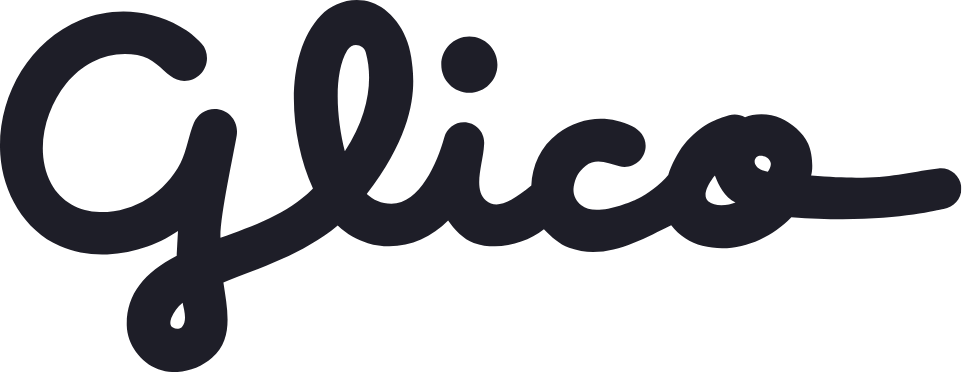Solution
During their inaugural company-wide Diversity and Inclusion Week, we facilitated unconscious bias trainings in Japanese, Chinese, Thai, Bahasa, and English for hundreds of employees per session. Participants gained a deeper understanding of different unconscious bias models, relevant research and data, how bias shows up at work, and best practices for mitigating bias in the workplace. Following Diversity and Inclusion Week, we conducted inclusive leadership sessions for more than 150 leaders covering barriers to inclusion, micro-inequities and micro-affirmations, and how to utilize our inclusion assessment, the Inclusive Behaviors InventorySM, to develop inclusive behaviors. We were part of their Diversity and Inclusion Week again the following year, facilitating workshops in five languages on inclusive communication.


